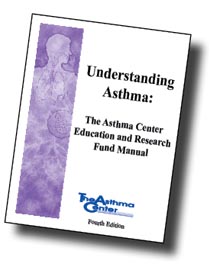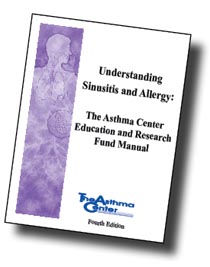Is asthma an “emotional disease?”
In the past it was thought that asthma was mainly an emotional disorder. Today it is known that the basis of bronchial asthma is the hyper-irritability of and biochemical abnormality in the cells lining airways. However a subgroup of individuals who are under or have undergone stressful situations may find themselves suddenly wheezing. Therefore while emotional stress can be a significant triggering factor in asthma, it is not the sole cause.
Severe asthma can impact your work, school, family and leisure activities to such an extent that it significantly changes your quality of life. Asthmatic symptoms, when severe or limiting, can cause both physical as well as psychological discomfort. If you have asthma, you may live in constant fear of an asthmatic attack or become overly restrictive or limited in the choices of home life, work, travel, or other activities.
On the other hand, stress from fear, anger, work, or home related problems can have a significant impact on worsening asthmatic symptoms. In some rare situations, psychological illness can somehow be an underlying cause or trigger for recurrent asthmatic symptoms. If you are affected by this condition, you likely are unaware of the psychological problem causing your symptoms.
When psychological illness plays a central role in your asthma-like symptoms, you may not do very well with traditional asthma treatments. The best physicians may not be able to help you in this situation. Even if you are cooperative in your treatment program, you may have an ever increasing need for medications and become frequently sick without any clear trigger.
This form of asthma appears to be primarily a psychosomatic disease. The best way to assist you is to help you find a psychologist and/or a psychiatrist who can effectively treat the underlying stress or psychological problem.
In summary, stress and psychopathology, as with other physical stimuli, must be considered as possible triggers for asthma. On the other hand, stress or psychological problems as an important trigger in asthma are seen in far less than 1% of asthmatic individuals.



